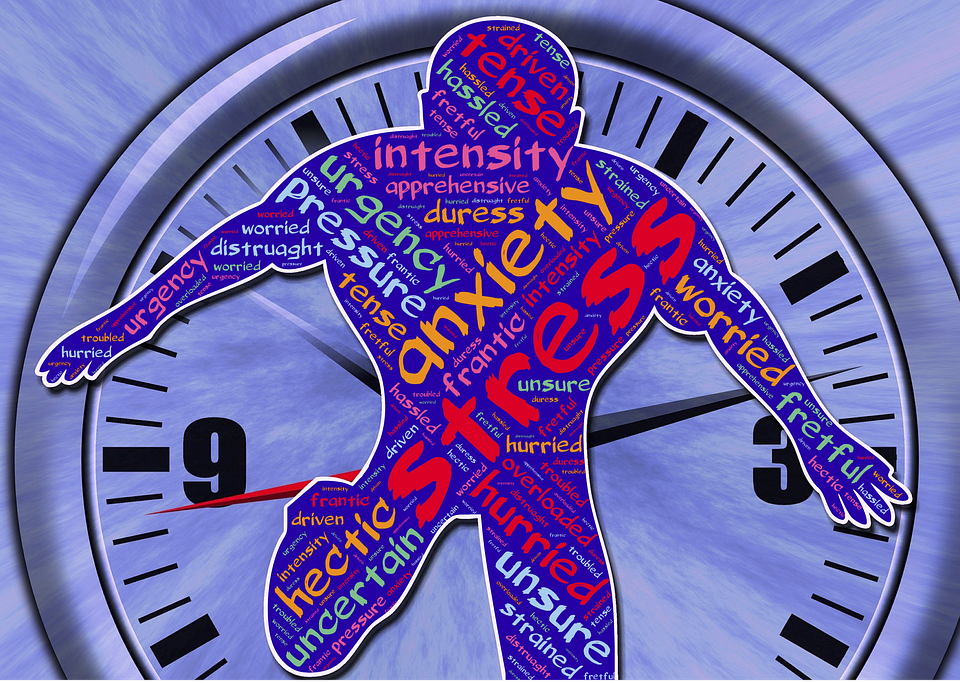Transgender people face long-term systematic repression due to the social stigma associated with their gender identity. A number of studies confirm that transsexuals have been discriminated against because of their identity. This discrimination is associated with various forms of stigmatization: social and economic; physical violence, inappropriate questions about sex life, beliefs, disqualification of a sports team, etc.
These stigmas have an impact on the development of minority stress, which has a higher prevalence of depression, anxiety and substance use than individuals with cisgender.
For example, trans people have high levels of minority stress related to discrimination, psychological suffering, and emotional or social pain.
What helps? Peer support is a suitable means of improving mental health (peer groups – supportive social networks). In addition to promoting resilience by increasing mutual support for environmental interventions, the development of community structures (gender-sensitive toilets), psychosocial interventions, advocacy, public volunteering initiatives, gender-oriented policies and norms (gender expectations) and attitudes (gender prejudices) that cause minority stress.




Scrivi un commento